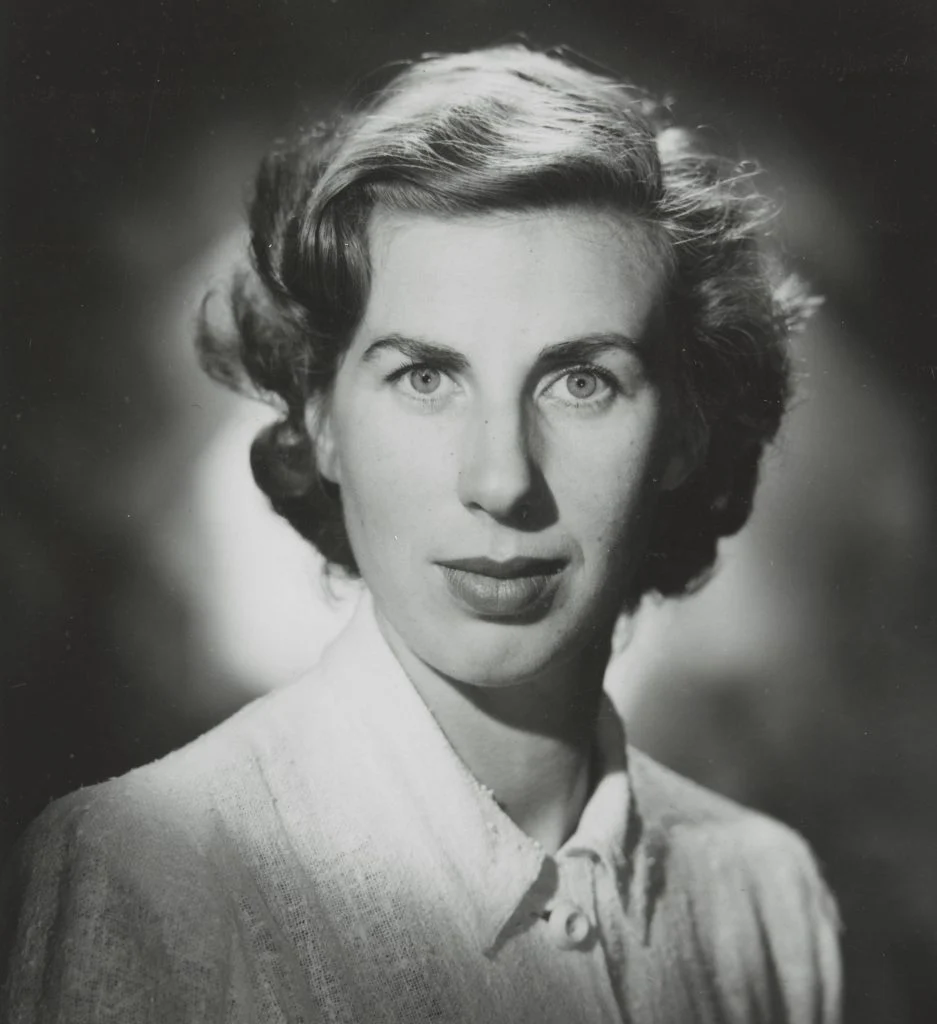Marion Orme Page Regional Creative Fellowships

Do you live in regional Victoria and have an exciting creative project? Take an adventure into the Library’s collection with 2 regional fellowships up for grabs.
Artists, writers, dancers, performers and musicians – now’s your chance to go wild with the Library’s collections or in response to our site! These regional Fellowships offer the chance to create new work in any medium. Write a book, create an artwork, or plan an immersive experience for the Library – it’s up to you.
We’d love to hear from individuals practising in any art form, including:
- visual or digital arts
- dance
- performance
- music or composition
- writing
- research.
The fellowships include:
- $15,000 funding
- desk space at the Library for 12 months
- access to collections and Library staff expertise.
Funding is based on approximately 3 months of work in the Library. This can be either continuous or broken up over the year, and you’ll have access to your office for the full 12 months. Please note that there is no additional funding for travel or accommodation for regional Fellows.
About Marion Orme Page
These fellowships are supported by a generous donation from the Marion Orme Page bequest.
Marion Orme McPherson Page (1918–2015) was the only child of Lady Sidney and Sir Clive McPherson. Her father was a prominent pastoralist, businessman and advisor to former Prime Minister, Sir Robert Menzies. Marion was a successful businesswoman and generous philanthropist. She completed studies in Law and Commerce at the University of Melbourne during the 1930s and 1940s and became the first articled woman at Mallesons Solicitors in 1941. She served as an officer with the Women’s Auxiliary Australian Airforce (1944–47). In 1953, she was appointed as private secretary to Lady Violet Brooks, the wife of Sir Dallas Brooks, Governor of Victoria (1949–1963) and Divisional Commander-in-Chief of the Australian Red Cross Victoria (1949–1963). The Marion Page Archive is held in the State Collection, enriching the diversity of stories held by the Library and deepening our understanding of women’s contributions to history.
We acknowledge the support of Regional Arts Victoria.
2025 recipients
Louise Crisp - Bogong
Gippsland resident and accomplished poet Louise Crisp plans to research and write a long-form ecopoetic text, Bogong, based on the archives of ecologist Maisie Fawcett (S. G. M. Carr, 1912–1988), whose work led to the establishment of the Alpine National Park. Using Fawcett's diaries, field notes and papers all held at the Library, as well as field trips to the Bogong High Plains, Louise aims to highlight the social, historical and scientific impact of Fawcett’s research.
Louise Crisp has written five full-length collections of environmental poetry and other works, including the landmark poetry collection Yuiquimbiag (Cordite Books, 2019) which was shortlisted for the Victorian Premier’s Literary Awards in 2020. Born in Omeo and raised in Tambo, Louise has been a member of the Gippsland Environment Group for two decades. Her literary practice is based on scientific and historical research, as well as on-the-ground research.
Lorraine Brigdale and Dr Peta Clancy - wala woka
Lorraine Brigdale (Yorta Yorta) and Peta Clancy (Yorta Yorta) will work in parallel to create new artwork in response to photographs by Nicholas Caire featuring Maloga Mission held in the Library’s collection. Both artists have familial ancestral connections to Maloga Mission, which was established in 1870 in NSW along the Murray River in Yorta Yorta/Bangerang. Their new artwork will be informed through research into Maloga Mission and the cultural and environmental significance of the Dhungala, via archives held at the Library. Their research will situate their family stories within the broader history of dispossession from Country and subsequent return.
Lorraine Brigdale, a multimedia artist and First Nations Curator at Bendigo Art Gallery, creates art using traditional and contemporary materials depicting Aboriginal tools and weapons, Yorta Yorta trees and landscape. In her weaving practice she pushes the form to create contemporary statements, all the while focusing on gaining a greater understanding of the life and times of her Aboriginal ancestors, their experience with life under colonial rule and their struggle with the loss of culture.
Peta Clancy, a descendant of the Yorta Yorta people, is a visual artist and researcher at Wominjeka Djeembana lab, Monash University. Her work reflects on historic landscape photographs that have shaped public perceptions of land and ownership and actively silenced Indigenous presence and histories. She creates photographs in collaboration with Country, drawing on Uncle Norm Sheehan’s concept of revisitation as an important learning event. For her, photography is a powerful medium for exploring place – particularly what a photograph may reveal or conceal about its history, memory or significance.
Previous fellows
Learn more about the inspiring projects undertaken by past and present fellows in our fellows gallery.
- 2024: Dr Amaara Raheem with the project Residency Practices – A Field Guide For Artists In Residence, exploring how the coming together of artists from different cultures can offer an alternate history of art.
- 2024: Christie Nieman with the project The Margarets, a literary novel about the lives and onboard conditions of female convicts.
- 2022: Dr Fayen Ke-Xiao d'Evie with the project Celestial Roots, which responded thematically and aesthetically to a handwritten journal from 1866 by Chinese miner Ah Sing Jong, who lived on the Central Victorian goldfields, the original copy of which is in the State Library collection.
- 2022: Alison Wong with the project A Long Walk, which saw her travel over 400kms from Robe, South Australia, to the Victorian goldfields, writing a literary memoir/long-form lyric essay reflecting on her own experience, interwoven with the experience of about 14,000 Chinese who, to avoid the Colonial Government of Victoria's £10 poll tax, walked the route in the 1850s.
